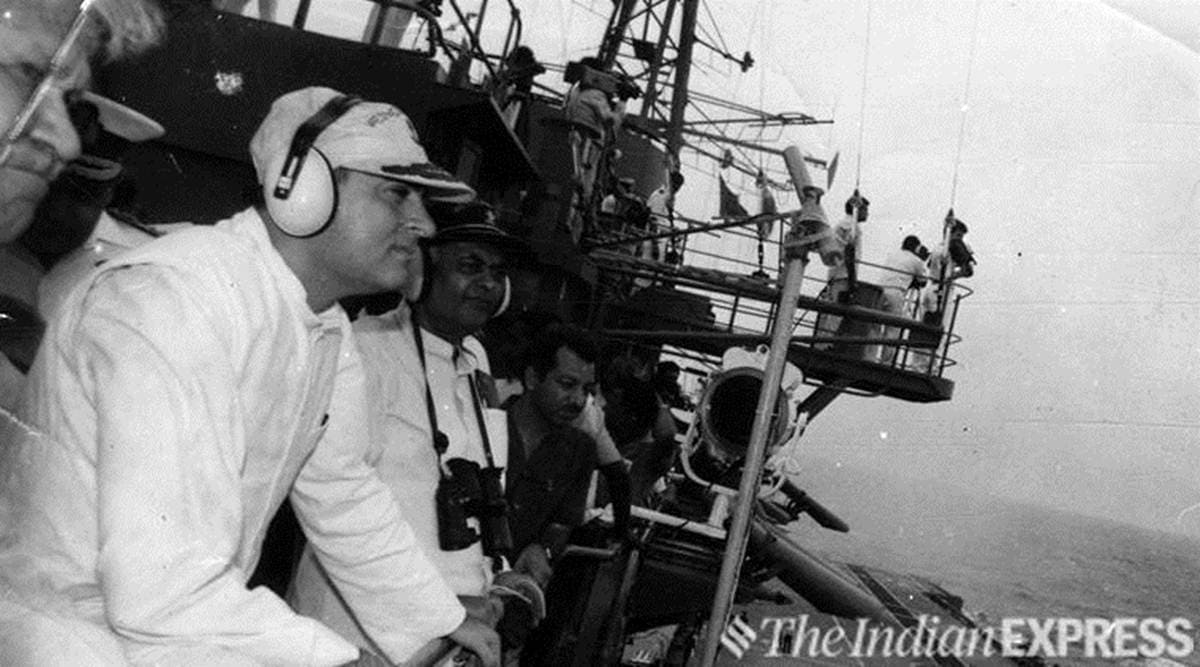The new line of thinking comes almost a month after Chief Minister M K Stalin wrote to the President seeking implementation of the previous AIADMK government's recommendation in 2018 to immediately release the convicts.
THE DMK government in Tamil Nadu is considering the option of granting “long parole” to the seven convicts in the Rajiv Gandhi assassination case, The Indian Express has learnt.
The new line of thinking comes almost a month after Chief Minister M K Stalin wrote to the President seeking implementation of the previous AIADMK government’s recommendation in 2018 to immediately release the convicts. The matter was referred to the President by Governor Banwarilal Purohit early this year.
Sources in the state government told The Indian Express that prison authorities have endorsed such a move after considering the “reformed status” of the convicts who have spent three decades in jail. They said that a decision may be taken after certain administrative queries are answered with regard to the Sri Lankan citizens.
Other than Perarivalan (Vellore), Nalini (Chennai) and Ravichandran (Madurai), the four other convicts are all Sri Lankan nationals — Murugan, Santhan, Robert Payas and Jayakumar. While Murugan is Nalini’s husband, Jayakumar’s wife is an Indian who was an accused in the case and acquitted in 1999.
“The Governor sat on the State Cabinet decision for two years and sent the files to the President after the Supreme Court highlighted the delay. This has complicated the issue for us. The President acts on the advice of the Union Cabinet. There is no Constitutional principle followed here. Giving them (the convicts) long parole may be the only relief we can provide on humanitarian grounds until the judiciary steps in,” a senior official said.
Confirming discussions “at the top level” in this regard, sources cited Home Ministry reports over the years saying there was no threat perception in sending the convicts out on parole. They said it is a decision, “which is absolutely within the state’s powers”.
“Many of them had been out on parole before with or without police. There were no issues. Going through their conduct certificates, no one can attribute criminal motives. Thirty years in prison, many in solitary confinement… They should be allowed to live a normal life now,” the senior official said.
Rehabilitating the Sri Lankans remains a question, the official said. “They cannot be expelled from India, they will be given refugee certificates. They may be sent on ordinary parole to a Sri Lankan refugee camp here or allowed to live a normal life with necessary permits like many Lankan Tamils,” the official said.
Pointing to the case of Payas, who was granted parole in 2019 to make arrangements for his son’s wedding, an official in Vellore jail, where the convicts are lodged, said: “There were no issues during the parole period.”
Retired judge, Justice K Chandru, who was associated with the case as a lawyer and judge of Madras High Court, said that a long parole would be “possible” and “the easiest way” for the state government to break the impasse over their release.
Questioning the “procrastination on the part of the Governor and the Centre”, he said: “All seven convicts are eligible for being considered for pardon for the minimum term they served under CrPC. The solution seems to be very simple in terms of law. But it is not the law that matters in this case.”
Source: Read Full Article


